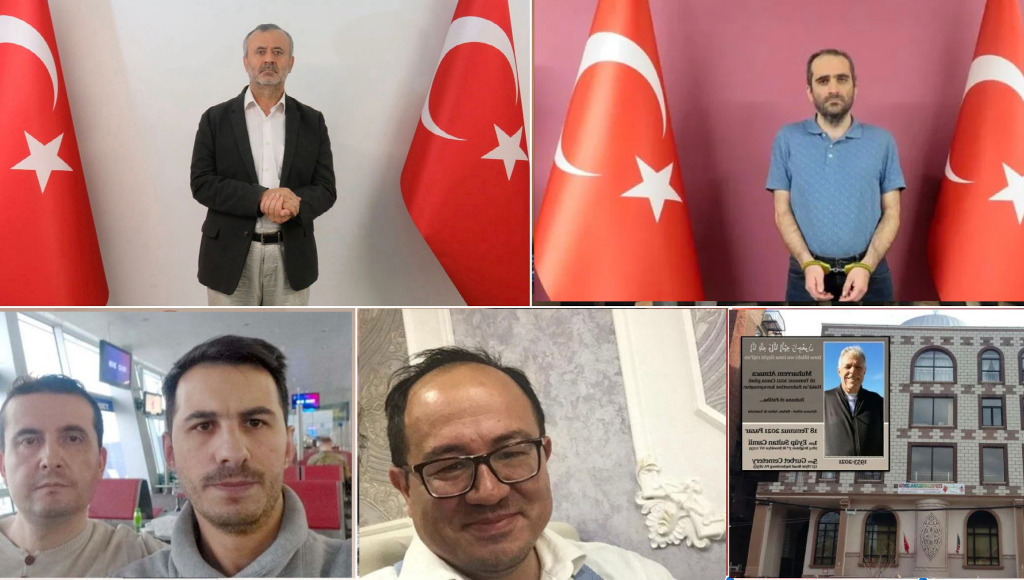The Orion Policy Institute, a Washington, D.C.,-based think tank, has published a report that found Turkey as both a perpetrator and a destination of transnational repression, which refers to attempts by governments to intimidate, harass, silence and persecute foreign-based citizens, the Stockholm Center for Freedom reported.
The report cited Turkey as among the most frequent perpetrators, along with China, Russia, Iran, Egypt and Tajikistan.
According to the report, the Turkish government has brought about the abduction and rendition of more than 40 individuals since a failed military coup in 2016. In host states described as “developing countries,” these operations were ensured through the bribery of local officials.
“These governments also collaborate with non-state actors such as organized crime networks and insurgent groups to silence [dissidents] through physical assaults,” the report said, referring to the threats and attacks targeting exiled journalists such as Can Dündar, Cevheri Güven and Erk Acarer.
Germany was noted as a prominent destination of Turkey’s repressive tactics. Home to many million Turkish expatriates, the country’s authorities received Turkey’s request for assistance in conducting surveillance on hundreds of targeted individuals. These requests provided detailed personal information such as addresses, phone numbers and photographs, showing the extent of Turkey’s spying capabilities.
“The Turkish government even developed a smartphone application for its diaspora community in Germany to report potentially targeted individuals to Ankara,” the report said.
Both in abductions and spying activities, the targeted individuals were mainly members of the faith-based Gülen movement and Kurdish and leftist political activists. Turkey accuses the Gülen movement of orchestrating the 2016 attempted coup, although the movement denies any involvement in it.
Members of the Kurdish diaspora are often sought for their alleged links to the outlawed Kurdistan Workers’ Party (PKK), an armed separatist group designated as a terrorist organization by Turkey and much of the international community.
One of the methods used by Ankara in harassing its critics outside the country is the misuse of INTERPOL, the intergovernmental organization for cooperation in law enforcement. INTERPOL’s mechanisms, such as Red Notices and diffusions, were frequently used by repressive regimes to ensure the seizure of targeted individuals. In addition, Turkey has made fraudulent entries in the organization’s Stolen and Lost Travel Document (SLTD) database, entering its opponents’ passports as stolen to hinder their international travels.
In terms of host countries, Turkey was described as a place where Iran used repressive tactics against dissidents living there. The report cited the deportation of 33 Iranian Kurdish activists to Iran, after which no information was made available as to their well-being, and the murder of Masoud Molavi, a critic of Tehran who was shot dead in İstanbul in November 2019, shortly after criticizing Iran’s Islamic Revolutionary Guard Corps (IRGC) on social media.
The report also highlighted the problems faced by Turkey’s Uyghur community, whose members are sought by China as part of Beijing’s genocidal repression of the Turkic Muslim minority.
One example was the case of Zinnetgul Tursun, a woman who, along with her two children, was deported from Turkey to Tajikistan and then ended up in China. Turkey’s police were involved in the rendition of Namunjon Sharipov, a senior leader of the Islamic Revival Party of Tajikistan (IRPT), who was forced to return to Tajikistan from Turkey.
